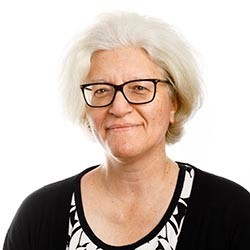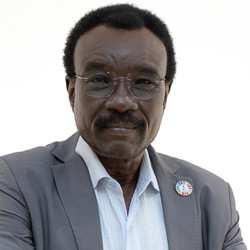Sudan
The Context
Sudan has faced substantial challenges in recent years. South Sudan’s independence in 2011 resulted in the loss of human and land resources, as well as three quarters of Sudan’s oil wealth. A revolution in 2019 was followed by a military coup d’état in 2021 and armed conflict between military factions in 2023. This political instability has resulted in widespread violence and displacement, deteriorating economic and security conditions, and food and water shortages.
Almost seven in ten of Sudan’s 45.7 million people live in rural areas. Even before the most recent conflict, more than half of Sudan’s population lived in poverty. Rural livelihoods are constrained by ongoing armed conflict, trade disruptions, surges in food and fuel prices, lack of access to markets and financial services, and water shortages.
With oil reserves lost and ongoing conflict impacting major sectors, growth has faltered, government revenues have slumped and debt remains an issue. Already overwhelming poverty, food insecurity and undernourishment have worsened.
Agricultural productivity in Sudan is impacted by erratic climate conditions, degraded soils, poor technologies, lack of knowledge and volatile security conditions.
Most rural households depend on agriculture as a source of income, with at least 39 per cent of the total income of the rural poor accruing from agriculture. Therefore, enhancing agriculture is vital to mitigate food insecurity, reduce poverty and build resilience to climate change and other shocks.
The Strategy
IFAD loans and grants help increase agricultural production through promoting climate resilient and sustainable practices, building infrastructure, and improving access to agricultural extension services, markets and financing.
IFAD’s country strategic opportunities programme for 2021-2027 aims to address food insecurity, vulnerability to climate change and youth unemployment by:
- Strengthening the resilience of vulnerable rural people and their production systems.
- Improving the performance of key agricultural value chains that create employment and wealth for rural people by working with both the public and private sectors.
- Improving sustainable natural resources management, establishing a sustainable seed system and operating a sustainable pro-poor rural financial system.
The conflict in Sudan has restricted the delivery of programmes. Currently, IFAD-financed projects provide inputs, access to finance and agricultural extension services to smallholders in project areas that are not directly affected by the conflict. IFAD is monitoring the situation and is taking mitigation measures.
Country Facts
Sudan is a highly-indebted country, with its external debt reaching over US $60 billion.
Approximately 29.7 million people live in rural areas where the poverty rate was estimated at 35 per cent.
Conflict that erupted in April 2023 has already displaced 3 million people.
One third of the population are facing acute food insecurity with numbers projected to increase to 40 per cent of the population.


